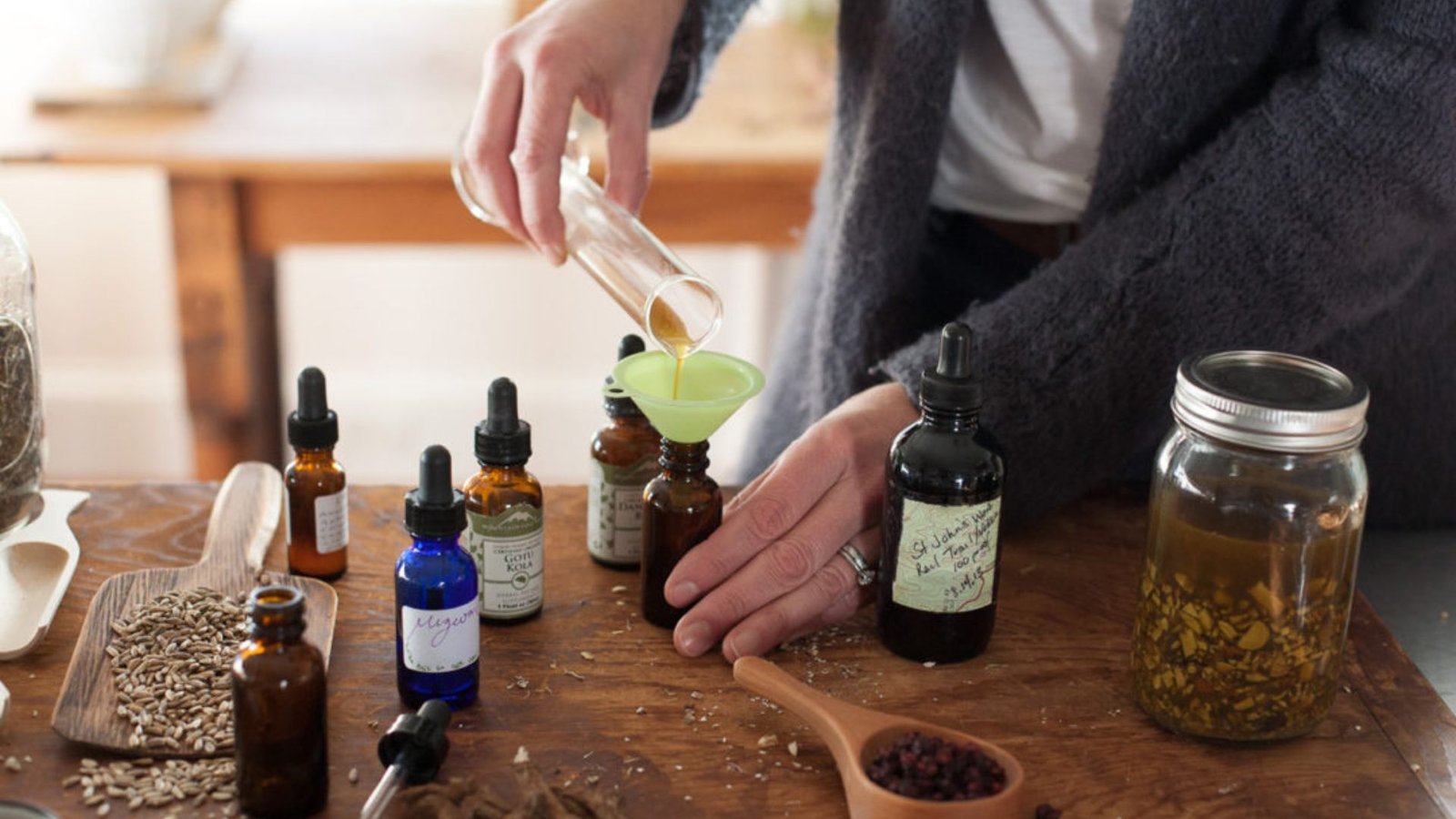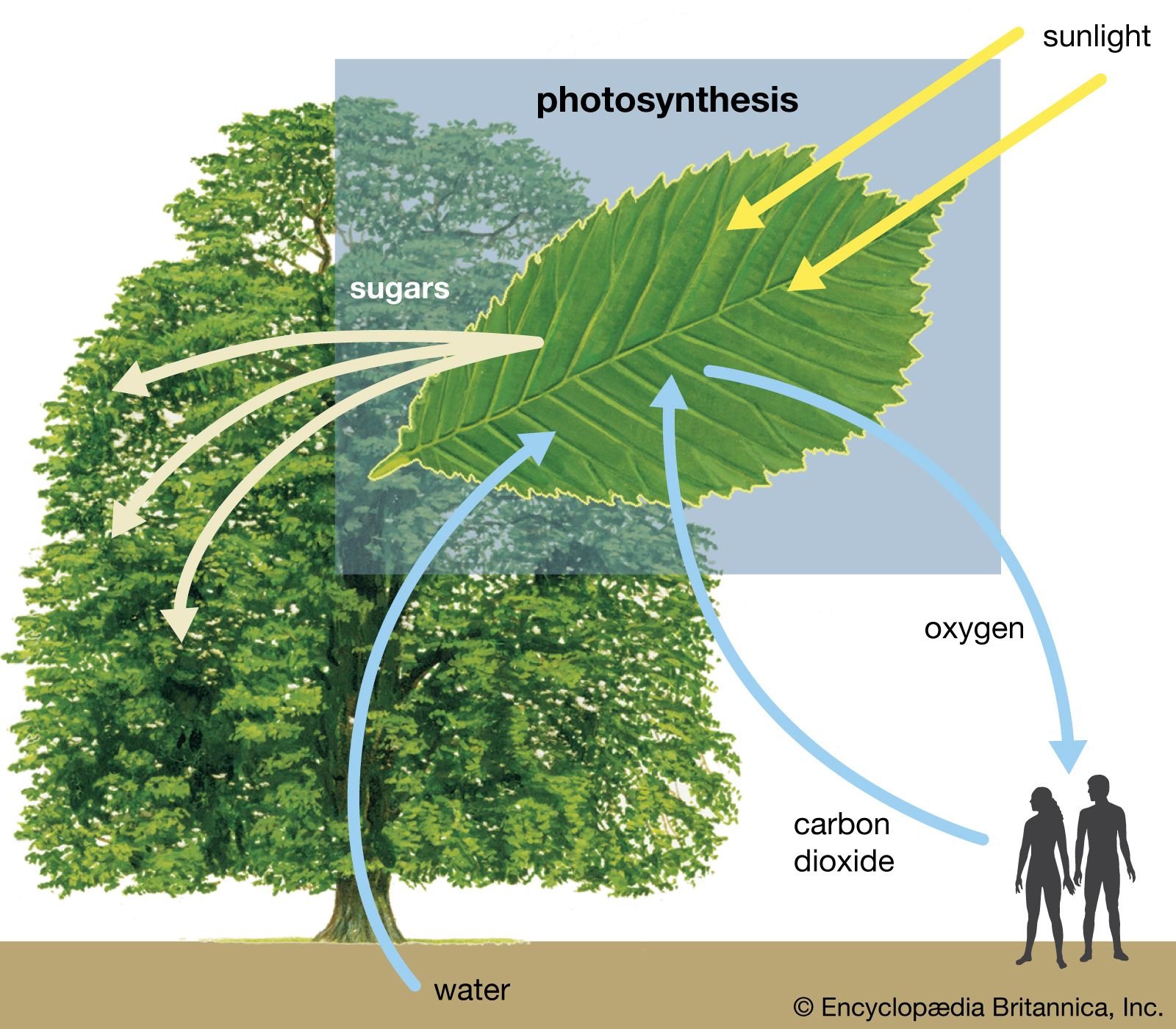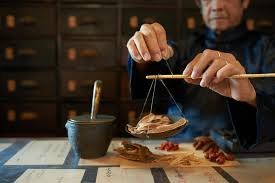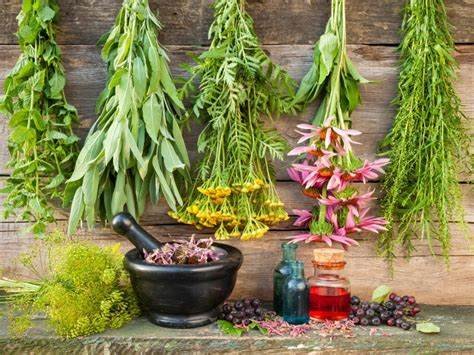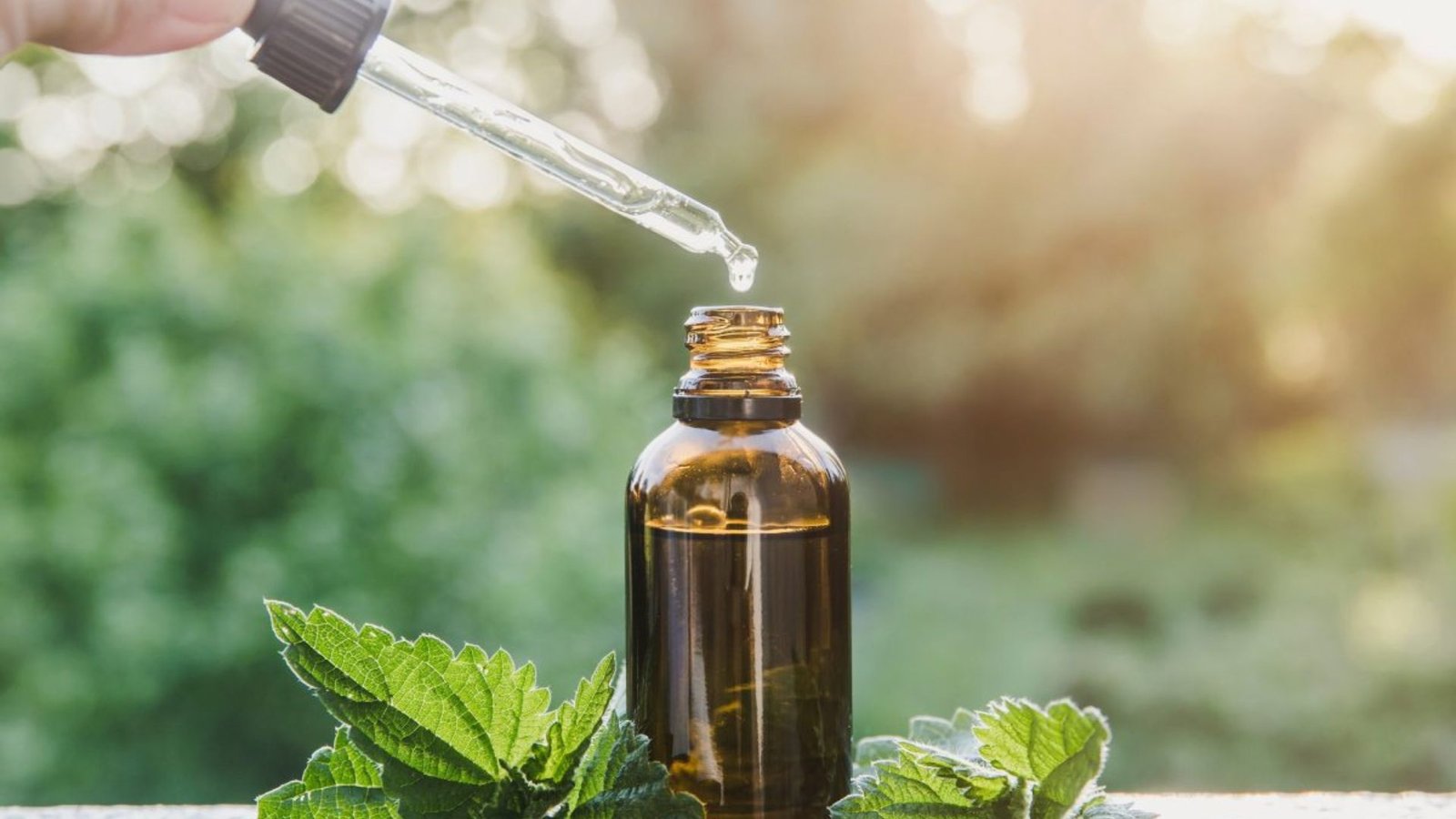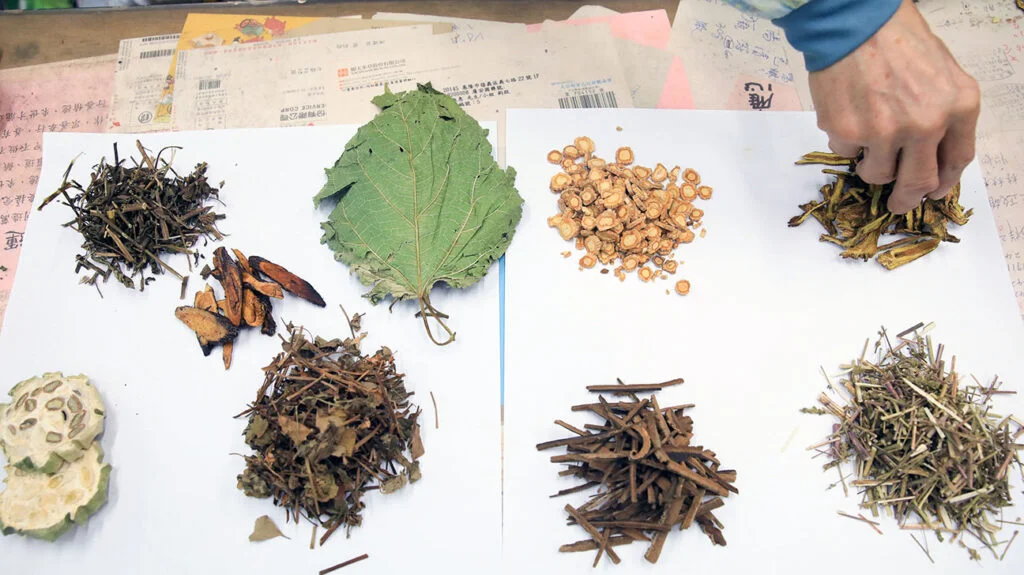Online Herbalist Courses
In recent years, herbalism has gained popularity as people seek natural, holistic alternatives to modern medicine. The rise in interest in plant-based remedies and sustainable health practices has led many individuals to consider becoming herbalists. Thankfully, aspiring herbalists can now learn the craft from home through online herbalist courses. These courses offer flexible learning opportunities,

